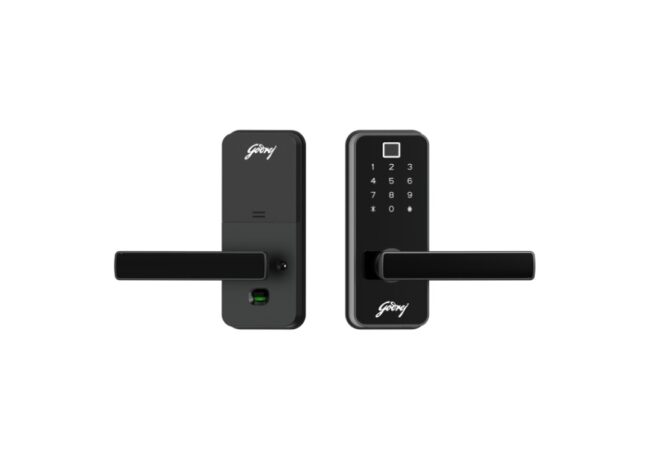
9 Event Marketing Tips Every Organizer Should Know
Organizing an event is no small feat. From planning logistics to coordinating speakers and attendees, there are numerous moving parts to manage. However, even the most meticulously planned event can fall short if it lacks effective marketing strategies. In today’s competitive landscape, successful event marketing is crucial for driving attendance, engagement, and ultimately, success. Here are nine actionable event marketing tips to help organizers maximize their efforts and achieve outstanding results.
What Is Event Marketing?
Event marketing refers to the strategic promotion and communication efforts aimed at promoting a specific event, such as conferences, seminars, trade shows, product launches, festivals, or concerts. The goal of event marketing is to generate awareness, attract attendees, engage audiences, and ultimately drive desired actions or outcomes related to the event, such as ticket sales, brand recognition, lead generation, or customer retention.
Key components of event marketing include defining clear event objectives, identifying target audiences, developing compelling event messaging and branding, selecting appropriate marketing channels and tactics, and measuring performance metrics to evaluate success and optimize future campaigns.
9 Event Marketing Tips Every Organizer Should Know
1. Define Your Audience Clearly
Before diving into marketing tactics, it’s essential to clearly define your target audience. Who are the people most likely to be interested in attending your event? Consider demographics such as age, gender, occupation, and interests. Additionally, think about psychographics like values, attitudes, and behaviors relevant to your event. Understanding your audience enables you to tailor your marketing messages and channels effectively.
2. Create Compelling Content
Content is king in the digital age, and creating compelling content can significantly impact your event’s success. Develop engaging content that showcases the value and uniqueness of your event. This could include teaser videos, behind-the-scenes sneak peeks, speaker interviews, informative blog posts, or user-generated content from past attendees. Leverage various formats such as videos, infographics, and written content to cater to different audience preferences.
3. Utilize Social Media Strategically
Social media platforms are powerful tools for reaching and engaging with your target audience. Develop a robust social media strategy that aligns with your event goals. Identify the platforms most frequented by your audience and create compelling profiles. Share engaging content regularly, interact with followers, use event-specific hashtags, collaborate with influencers or partners, and run targeted ads to expand your reach and drive conversions.
4. Optimize Your Website
Your event website is often the first point of contact for potential attendees, making optimization crucial. Ensure your website is user-friendly, visually appealing, and mobile-responsive. Clearly communicate essential information such as event details, agenda, speakers, registration process, and FAQs. Implement SEO best practices to improve visibility in search engine results, and integrate analytics to track website traffic, user behavior, and conversion rates.
5. Leverage Email Marketing
Despite the rise of social media, email marketing remains a highly effective tool for engaging with your audience. Build targeted email lists segmented by demographics, interests, or past engagement with your events. Craft personalized and compelling email content, including event announcements, reminders, exclusive offers, and relevant industry updates. Utilize automation tools to schedule emails, track performance metrics, and nurture leads effectively.
6. Harness the Power of Influencers
Influencer marketing can amplify your event’s reach and credibility by leveraging the audience and influence of industry experts or personalities. Identify influencers relevant to your event niche or target audience and collaborate with them to promote your event. This could involve guest blogging, social media takeovers, influencer-hosted contests or giveaways, or endorsements from respected figures within your industry.
7. Encourage User-generated Content (UGC)
Harness the enthusiasm of your attendees by encouraging them to create and share content related to your event. Whether it’s photos, videos, testimonials, or social media posts, user-generated content serves as authentic social proof and expands your event’s reach organically. Create dedicated event hashtags, offer incentives for sharing content, feature UGC on your official channels, and foster a sense of community and engagement among attendees.
8. Offer Early Bird Discounts and Promotions
Incentivize early registrations and boost ticket sales by offering attractive early bird discounts and promotions. Create urgency by clearly highlighting limited-time offers or exclusive perks for early registrants. Promote these offers across your marketing channels, including social media, email campaigns, website banners, and partner collaborations. Monitor and adjust pricing strategies based on demand and market trends to optimize conversions.
9. Engage Attendees Throughout the Event Lifecycle
Event marketing doesn’t end once attendees register; it extends throughout the event lifecycle to enhance attendee experience and drive post-event engagement. Keep attendees informed and excited with pre-event countdowns, interactive polls or surveys, session previews, and networking opportunities. During the event, encourage social sharing, live updates, contests, and interactive experiences to foster real-time engagement. Post-event, solicit feedback, share highlights, thank attendees, and continue nurturing relationships for future events.
In conclusion, effective event marketing requires a strategic approach that encompasses audience understanding, compelling content creation, targeted promotion, and ongoing engagement. By implementing these nine event marketing tips, organizers can enhance brand visibility, drive attendance, foster meaningful connections, and ultimately, ensure the success and longevity of their events in a competitive landscape.


